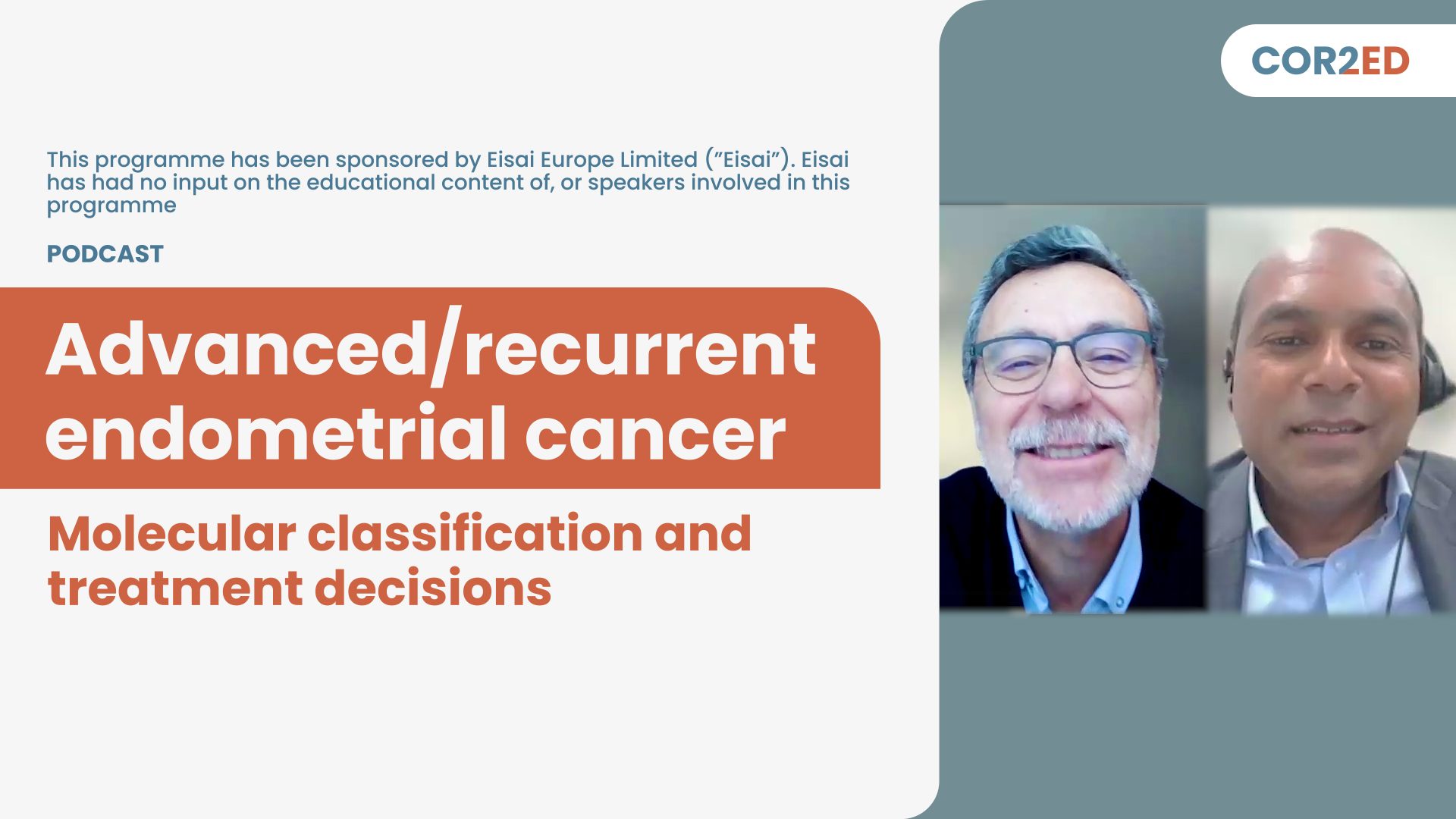Prof. Xavier Matias-Guiu
Professor of Pathology
- University of Barcelona and Lleida
Spain
Xavier Matias-Guiu, M.D., Ph.D (XMG) is Professor of Pathology at the University of Barcelona (2019-24) and Lleida (2002- ). Chairman of Pathology Hospital Universitari Arnau de Vilanova de Lleida (2002- ) and Hospital Universitari de Bellvitge, Barcelona Spain (2015-24). MD from University of Barcelona, 1981, PhD from Autonomous University of Barcelona, 1987. Training in Pathology in Hospital de Sant Pau, Barcelona, Spain, (1983-86), with Dr Jaime Prat. Postdoctoral fellow in Research Pathology at New England Medical Center-Tufts University, Boston, USA (1991-92), with a part time activity at Massachusetts General Hospital, Harvard University with Dr Scully. Faculty member of the Pathology Department Hospital de Sant Pau, Barcelona (1988-2002).
XMG was President, Sociedad Española de Anatomía Patológica (2019-21); Member of the Council (2015-19) and President elect (2023-25) of European Society of Pathology. Member of the Executive committee (2009-2013), and President (2021-23 ) of the International Society of Gynecologic Pathologists; Member, the World Health Organization (WHO) panel for Classification of Tumours of the Female Genital Tract, (IARC, Lyon France; 2014, 2020, and 2024). He has participated in several different international guidelines in Endometrial and Ovarian Cancer, such as ESMO-ESGO-ESTRO Consensus Conference in 2016, the guidelines for ISGYP in 2019, and has been chairman for pathology in the ESGO/ESTRO/ESP guidelines for the management of patients with endometrial carcinoma in 2020 and 2024, and in the Dataset for the reporting of endometrial cancer, of the International Collaboration on Cancer Reporting (ICCR) in 2022. Also member of the panel for the ESMO recommendations on predictive biomarker testing for homologous recombination deficiency and PARP inhibitor benefit in ovarian cancer, and co-chair of the ESGO-ESMO-ESP consensus conference recommendations on ovarian cancer, 2022.He is member of the FIGO Endometrial Cancer Staging Subcommittee.
His main interest in research has been the molecular features of gynecological cancer, mainly endometrial carcinoma, in the context of pathological features. He has leaded several teams of researchers that have performed pathological analysis, molecular analysis with single gene and high throughput OMICs techniques, to understand the natural history of the different subtypes of endometrial carcinoma, the phenomenon of tumor heterogeneity, and to identify biomarkers. His team has also developed methods of cell biology, including primary cell cultures, 2-D and 3-D cultures, and cell lines to assess the role of some specific molecular findings (by overexpressing and down-regulating genes), and also to explore the effect of targeted therapies. The team have also used animal models, including a unique PTEN KO conditional inducible mouse model, numerous orthoxenografts, and organoids for the same purposes. More recently, the team has been involved in early diagnosis and prognosis in biological fluids, like peritoneal lavages, cervical smears and urine. The team has also participated in projects analyzing the immune landscape of endometrial carcinoma. The group is currently developing artificial intelligence tools in digital pathology to improve inter-observer variation and help in early diagnosis. Most recently, XMG is closing the circle to bring molecular data into clinical practice, by participating in numerous guidelines (WHO, ISGYP, ICCR, ESGO-ESTRO-ESP, FIGO). XMG has been author of 520 publications in Pubmed, with 20.800 citations, and H-index 67.
Abbvie, Amgen, AstraZeneca, Daiichi Sankyo Inc, Eli Lilly, GSK, Illumina, Janssen, and MSD
Programmes developed by Prof. Xavier Matias-Guiu
Advanced or recurrent endometrial cancer: Molecular classification and treatment decisions
Understanding the role of molecular subtypes in guiding treatment selection


 Downloadable
Downloadable  11 MIN
11 MIN
 Feb 2025
Feb 2025 
